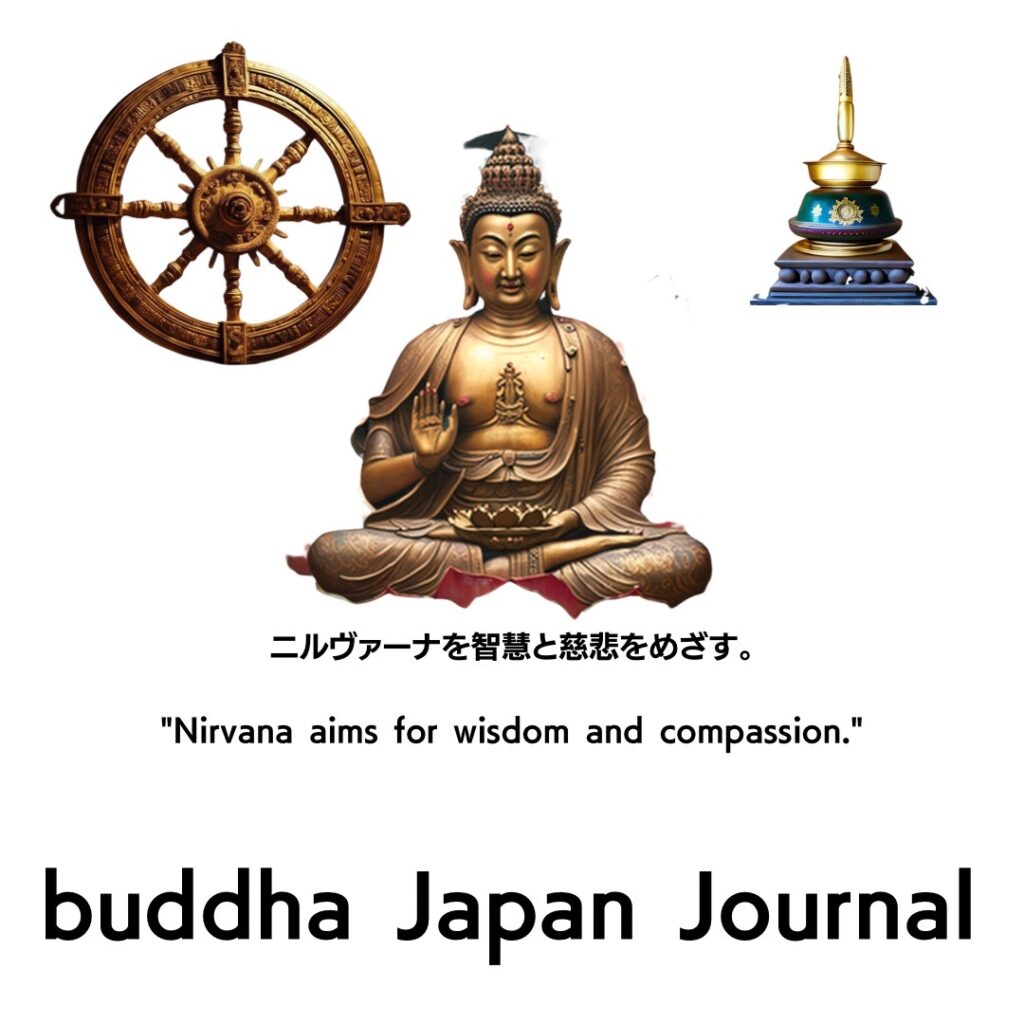常楽我浄
と見なしていた。これを四顛倒(してんどう、さかさまな見方)という。 釈迦は成道した直後にまずこの四顛倒をただし、この世は無常・苦・無我・不浄であると説いた。これが諸行無常・一切皆苦・諸法無我などという仏教用語の基となっている。
しかし『涅槃経』に至って、如来は入滅してもこの世に常住し、涅槃こそ真の楽であり、人間我を超えた所に如来我(仏性)があり、浄らかであると説いた、とされている。
- 常 – 仏や涅槃の境涯は、常住で永遠に不滅不変である
- 楽 – 仏や涅槃の境涯は、人間の苦を離れたところに真の安楽がある
- 我 – 仏や涅槃の境涯は、人間本位の自我を離れ、如来我(仏性)がある
- 浄 – 仏や涅槃の境涯は、煩悩を離れ浄化された清浄な世界である
これが常楽我浄である。
When the Buddha came home, many of the sentient beings lived in this world of the human world,
Seeing to be always but always,
Thought to be painful but easy,
The human-oriented ego is selfless,
Purify the unclean
Was considered. This is called the four stories. Immediately after Buddha’s passage, the Buddha first wrote these four stories, but preached that the world was imperfect, painful, selfless, and unclean. This is the basis of the Buddhist terms such as impermanence, affliction, and lawlessness.
However, when the “Nirvana Sutra” was reached, even though Nyorai was extinct, he inhabited the world, preaching that nirvana was the real pleasure, and that Nyorai was (Buddhism) beyond human beings and pure. , And it is.
Everlasting-the life of Buddha and Nirvana is permanent and immortal
Raku-Buddha and Nirvana have a true comfort away from human suffering
I-Buddha and nirvana leave the self-oriented ego, there is Nyorai me (Buddha nature)
Pure-The life of Buddha and Nirvana is a pure world that has been purified away from anguish
This is Joraku Gajo.
